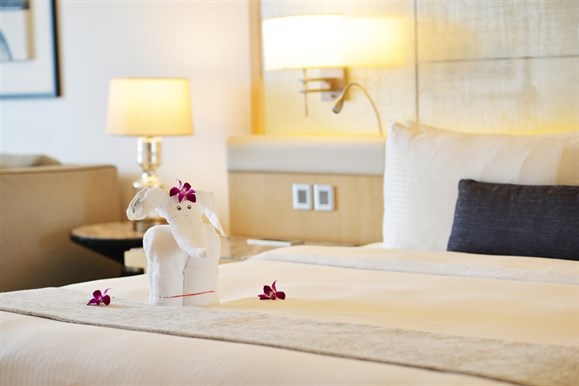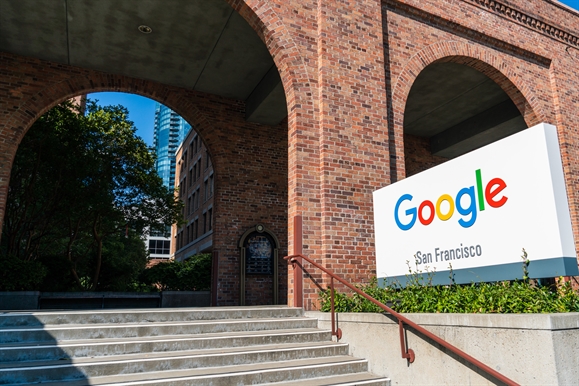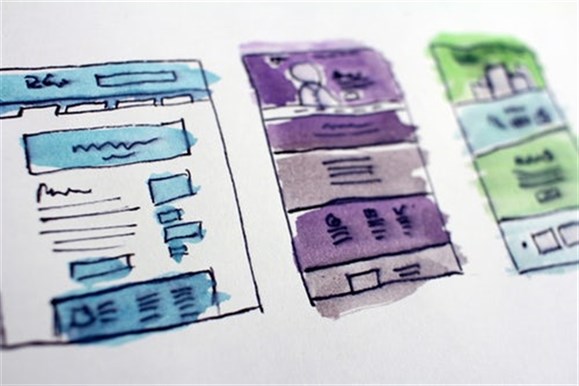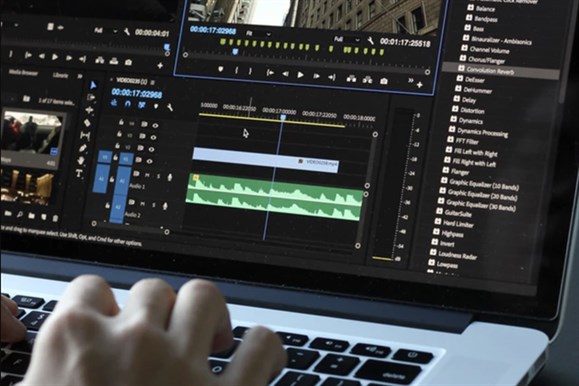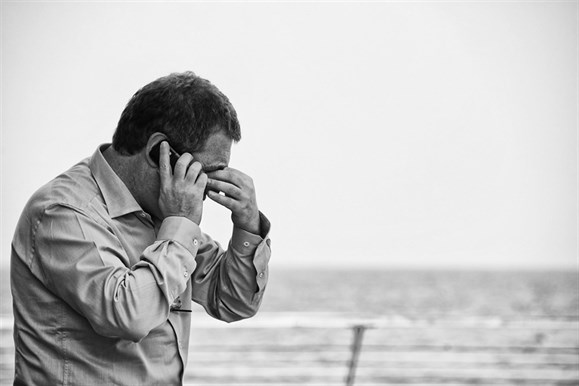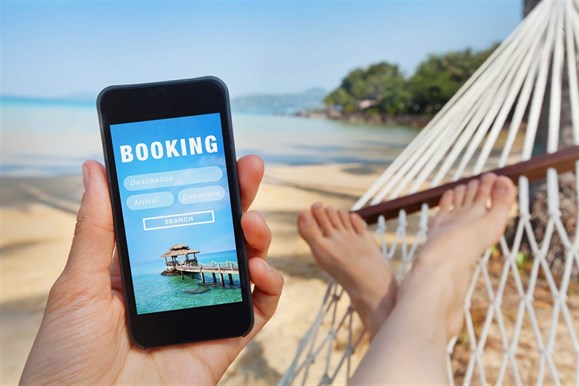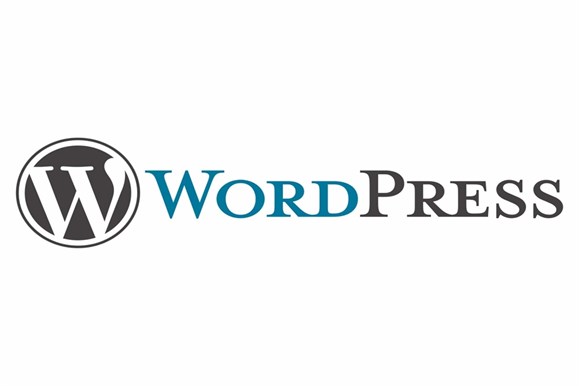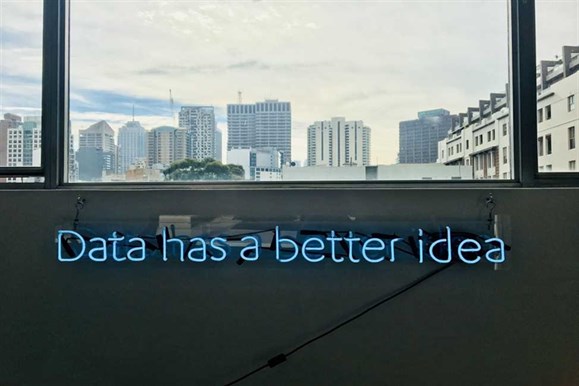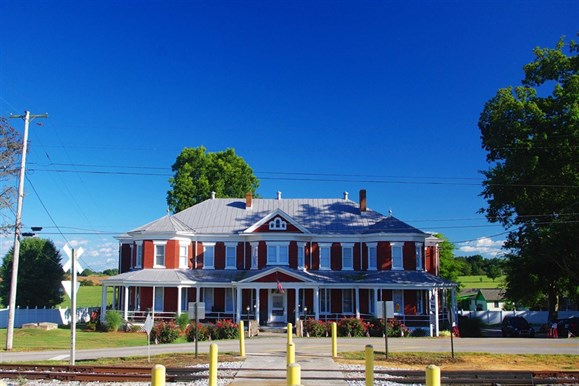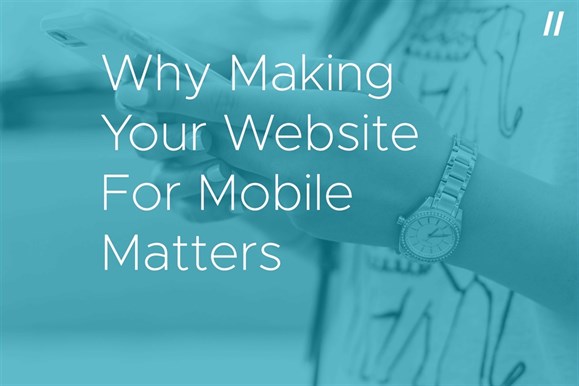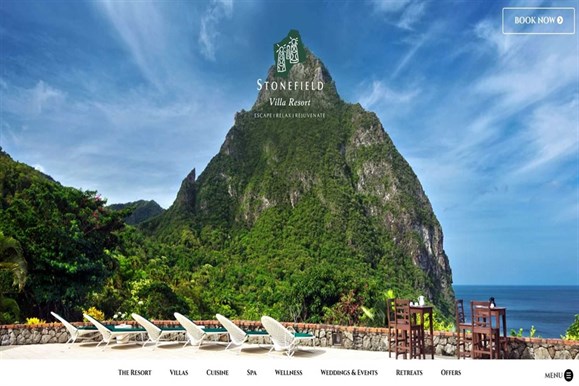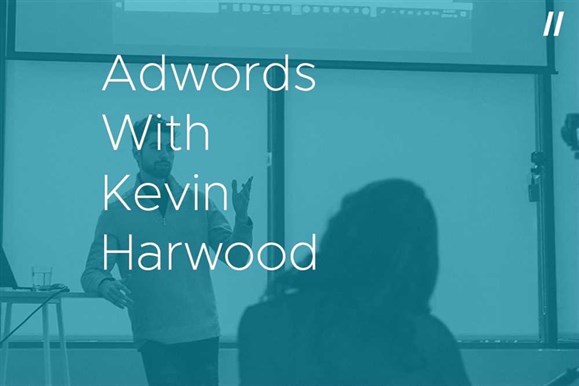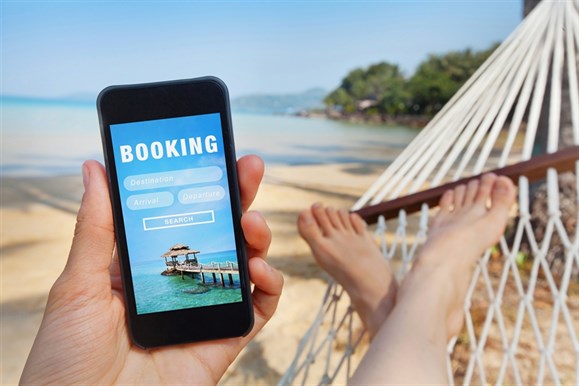-
Web Design
WordPress Websites vs. Custom Websites: Which is Better for Your Hotel?
If you’re entertaining bids for your new hotel website, you will likely come up against the following questions: should I hire a company that builds my website in WordPress? Or should I hire a company that builds custom-coded sites?
Before you can answer this, you might need to ask a simpler question: what’s the difference between the two?
What is WordPress?
All websites are made of code. WordPress websites are no different. What WordPress does is provide a pre-existing structure for the website that allows a more straightforward way of managing all of the ‘stuff’ that makes up a website: stuff like the written content, photos, backgrounds, etc.
Think of a WordPress site like a house built entirely out of Lego. Even if you get an expert to construct it, because there’s a pre-determined system and structure to the way the Lego blocks fit together, you wouldn’t need to have a carpenter around if, later on, you want to add a fireplace or put up a wall—it’d be easy enough to do yourself.
You could make the house any size, shape, and color you like. The only problem is, the house would look kind of blocky—it wouldn’t have the smooth edges and unique character of a house built from scratch.
If some mean-spirited neighbor came along and decided to break into your house, it wouldn’t be difficult: he would have a pretty good idea of how to take the blocks apart to gain access.
And if the structure of your Lego house was complex—say, a mansion rather than a bungalow—there may simply be features that you couldn’t build with Lego at all.
Why Would Anyone Use WordPress?
For one, WordPress makes it very easy to make a website out of a template—or ‘theme’ are they are called in WordPress lingo. So if you’re not a coder or designer and you need a basic website, say, for your photography portfolio or community choir, it’s an easy and low-cost way to create a website.
That’s not to say all WordPress websites must be templated from the same limited number of themes—plenty of customization is possible in WordPress for people who can write code. And there are a few reasons why professionals might choose to use it.
Firstly, it’s a lower-cost solution, since WordPress gives you a head start with building the framework of the website, meaning less labor time. Secondly, once the website launches, the WordPress system makes it simpler for the client (i.e. you) to make changes and updates to the site without having to know the code. Many clients are attracted to having that kind of control over their website.
Would I be Better Off with WordPress Site or a Custom Site?
Let’s say you have two bids sitting on your desk from website companies. One is pitching a WordPress website and the other is pitching a custom website. What are the pros and cons? Let’s break it down…
Advantages of a custom website
1. More flexibility to design the look and functionality of your site
Is someone is pitching a WordPress website to you, especially if it’s at a lower cost than companies pitching a custom site, they might be fitting your hotel website design into a pre-existing theme or template? Getting a custom website allows you to dictate exactly how the website is designed and laid out from the start.
2. Typically able to load faster
A hotel website can have a lot of elements: integrations with your booking engines, social media feeds, forms for event inquiries, weather feeds, maps, etc. A WordPress site incorporates these elements as ‘plugins’—separate pieces of software that your website needs to take time loading. Conversely, a custom site incorporates these elements as part of the core website code, streamlining the work that needs to be done to load your site, and making page load time faster for the user in many cases.
3. Less likely to be the target of hacks and security breaches
All websites have some level of vulnerability to hacks and breaches of security on your sever. With WordPress, however, because millions of sites are built on this framework, it’s easier for hackers to ‘crack the code’ of how to gain access to vulnerable WordPress sites and then apply that knowledge to exploiting your site and many others.
With a custom-coded site, there are intricacies specific to the way that it’s constructed. It would take someone much longer to find a ‘way in’ and as a result, it’s not as attractive a target.
Concerns about a custom website:
1. Needs to be built with a CMS (content management system) if you plan to update any of the website content yourself on an ongoing basis
Hotel websites don’t just sit there and look pretty. Most of the time, you’ll be updating information about packages, promotions, events, news about property, etc. If want to make these types of changes yourself—which is the most cost-effective—you’ll need to have an easy way to do that without knowing how to edit website code.
Most custom website developers know this and will build Content Management System (CMS) for your website to allow you to easily add packages, edit content, post blogs—whatever it is you need to be doing on a regular basis. WordPress is a Content Management System, but for custom sites, the platform to allow you to edit the site must be built by your developer.
2. Requires a web developer to make any major changes to the site
Let’s say you want to make some major changes to your website, apart from the routine updates: for example, redesign the homepage, change the layout of how your rooms are displayed, or add a new page for your restaurant. On a custom website, these types of changes will need to be made by your developer.
That’s not necessarily a bad thing. When your website is really important to your business, entrusting these changes to a professional can actually be a good move. The best hotel websites are intricately designed, constructed and optimized to maximize traffic and conversions. If you start making major changes under the hood by yourself, you stand a chance of disrupting this balance, having negative impacts on performance without even realizing what you’ve done.
Advantages of a WordPress website
1. Less costly than custom
Let’s face it: not every property has the budget to invest heavily in digital marketing. A basic website is better than no website. And while investing in the best hotel website you can afford will pay off in the long run—as reams of data suggest—sometimes the budget simply isn’t there.
If you’re limited by budget, a WordPress site—or similar template-based solutions—is sometimes your only option.
2. Allows flexibility make larger creative changes to the website yourself, without needing a developer to make changes.
If you’re of the control freak or creative visionary type, or if you have previous experience building and managing website, the flexibility of WordPress might appeal to you. You can login, change things around, add elements and content when and where you please. But as mentioned above, if you’re being strategic about search engine optimization (SEO) and conversion strategy, you’ll want to very careful about how you make these changes. A hotel website is only as good as the amount of business it brings in for you—no matter how much it matches your vision.
Concerns about a WordPress website
1. Tends to be slower
Simply put, a WordPress has more overhead than a custom site. When someone loads your WordPress site, a sever needs to run all kinds PHP scripts and access database info to render each page. As a result page load time is longer and the site is slower. A custom-coded site simply grabs everything it needs to load your site from the same place, making it quicker and more efficient, especially for larger and more complex sites.
2. More vulnerable to security threats
WordPress websites all have basic similarities in their underlying structure. For anyone who figures out how to exploit WordPress in certain ways, all similarly-built WordPress sites become potential victims. And it’s very easy for someone to find out that you’re running the exploitable software on your site.
3. More maintenance required
To ensure that your WordPress website doesn’t fall victim to security threats and exploitation, you need to routinely ensure that your plugins are up-to-date and secure. This can be a time-consuming process, especially if your site is large or complex. If you, or your developer, fall behind in updates, there’s serious risk involved. And if you want to stay vigilant, you’ll need to cover the costs of routine updates and maintenance.
4. More suited to basic websites
WordPress is could be compared to IKEA furniture: it’s low-cost, accessible to the masses, and can furnish your home in many different styles. But if you tried to build and furnish your house entirely using IKEA furniture, you might find it simply cannot provide the look and function you want within the limitations of what’s available. Custom furniture is of course, more expensive, and a lot harder to assemble and disassemble yourself. But it tends to perform better, look nicer, last longer and suit your individual personality more.
To learn more about the best platforms and strategies for building your new hotel or resort website, give us a call here at Digital Hospitality. We’re always happy to offer advice.
Keep Reading
 Prev Post
Prev Post 


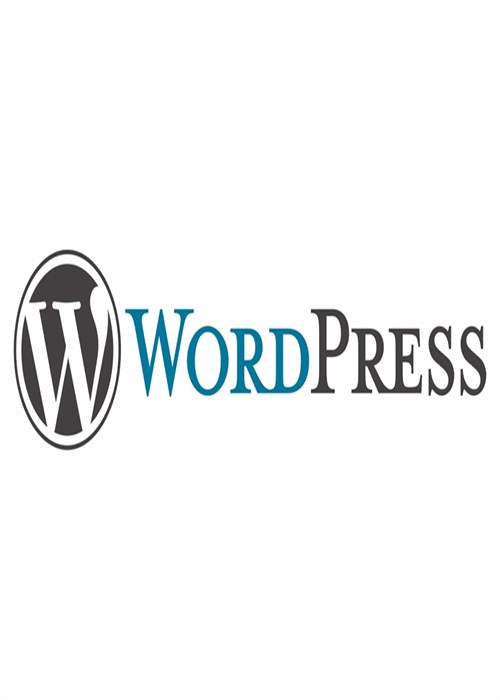
 Back to Blogs
Back to Blogs
